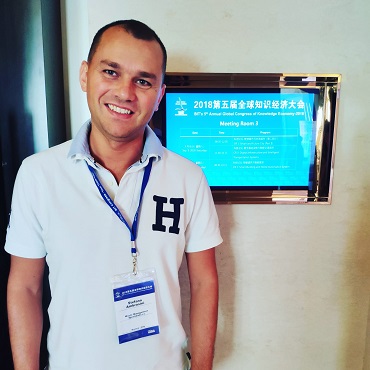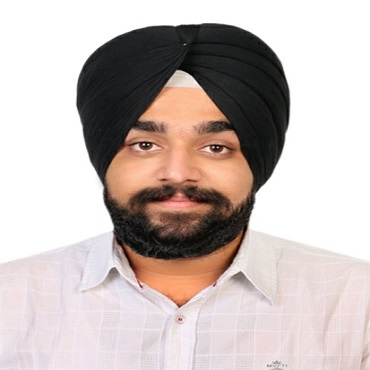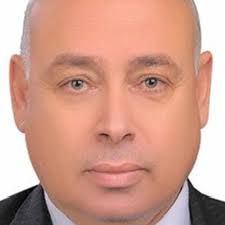Scientific Program
Keynote Session:
Title: Waste sorting, How to use a usage-pricing model for disposing of municipal solid waste to change the habits of town citizens, increase the recycling percentage and decrease the total waste production.
Biography:
Abstract:
Pay as you throw (PAYT) is a usage-pricing model for disposing of municipal solid waste. Users are charged a rate based on how much waste they present for collection to the municipality or local authority. Waste is measured by weight or size while units are identified using different types of bags, tags, containers or even RFID. Services for waste diversion, like recycling and composting, are often provided free of charge where pay-as-you-throw systems are implemented. The system is based by a waste collection door by door (kerbside) with 5 streams (food waste, plastic packaging and metals, glass, paper and cardboard and unsorted waste). The results after the introduction of the combined system (door by door collection and PAYT) are almost immediate (3/4 weeks from the start of the system). The secret of the system is the "Invisible Hand" effect generated by the combination of the available volume reduction for the undifferentiated fraction conferring and the creation of a personal saving potential of each individual user
Title: Utilization of Reclaimed Asphalt Pavement Material by Cold In-Place Recycling (CIPR)
Biography:
Abstract:
A PHP Error was encountered
Severity: 8192
Message: trim(): Passing null to parameter #1 ($string) of type string is deprecated
Filename: pastconference/past-program-schedule.php
Line Number: 239
Backtrace:
File: /efsdata/meetingsint-com/application/views/pastconference/past-program-schedule.php
Line: 239
Function: trim
File: /efsdata/meetingsint-com/application/controllers/Pastconference.php
Line: 128
Function: view
File: /efsdata/meetingsint-com/index.php
Line: 317
Function: require_once




